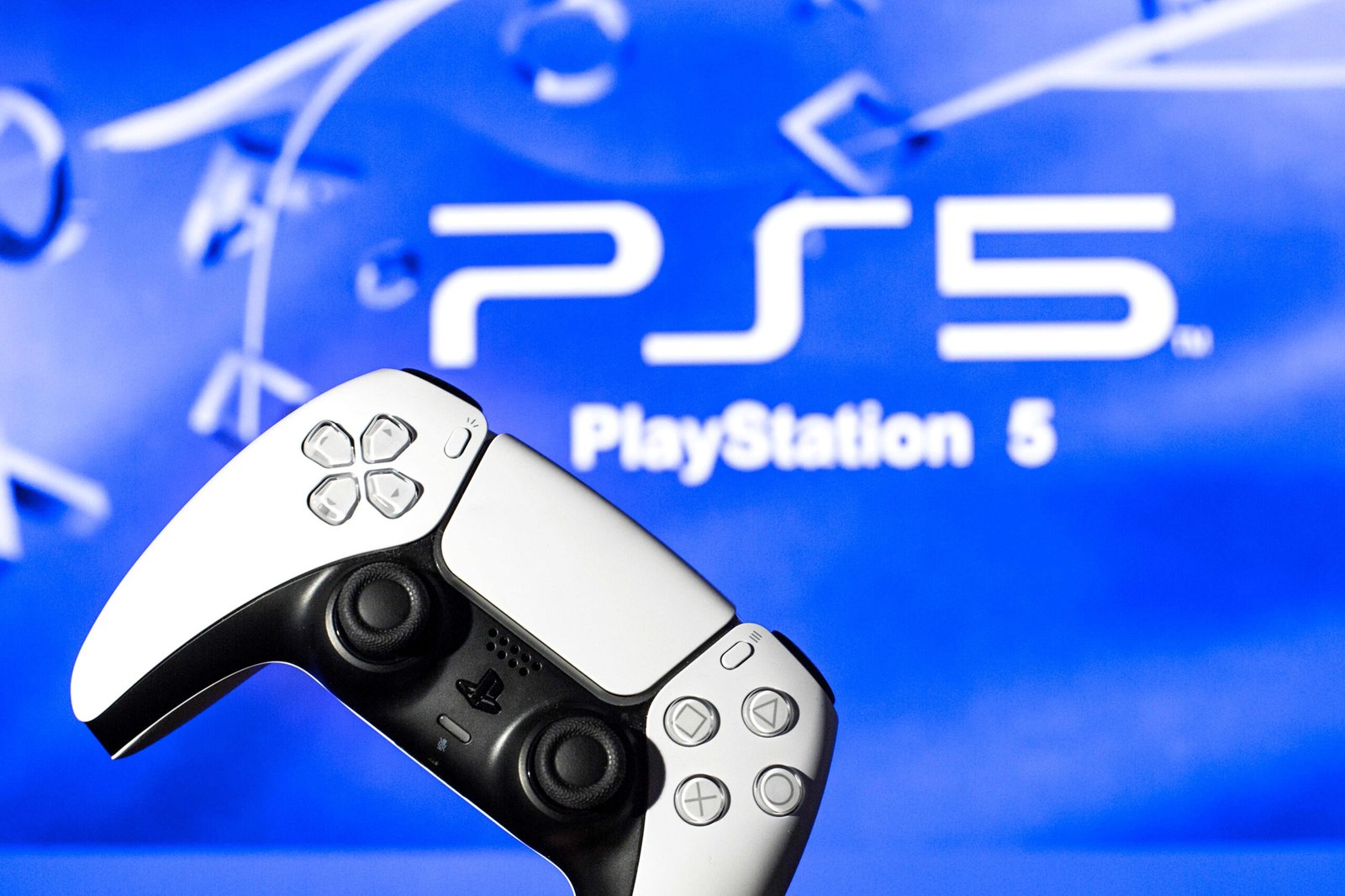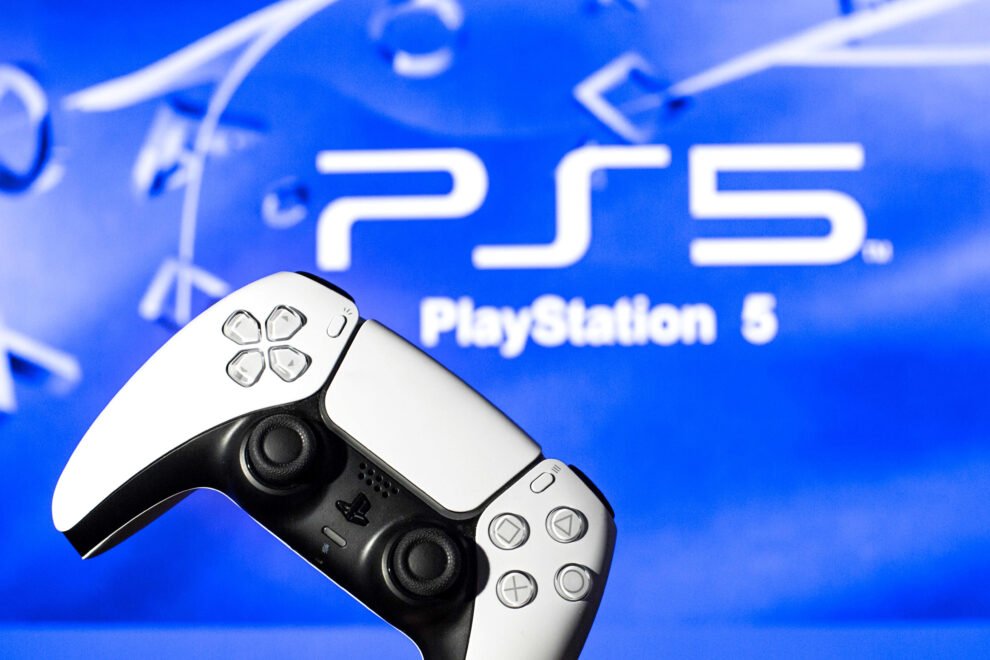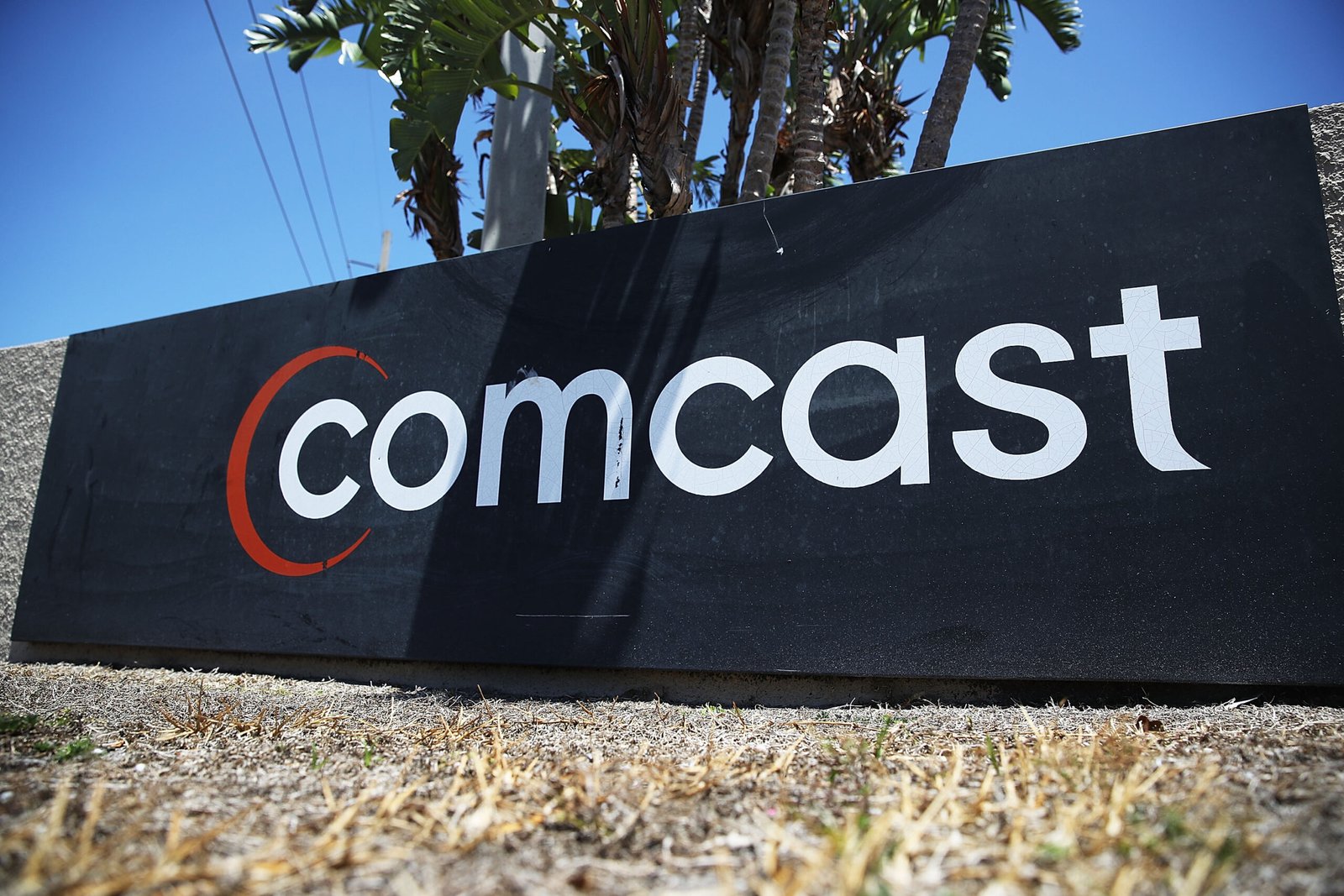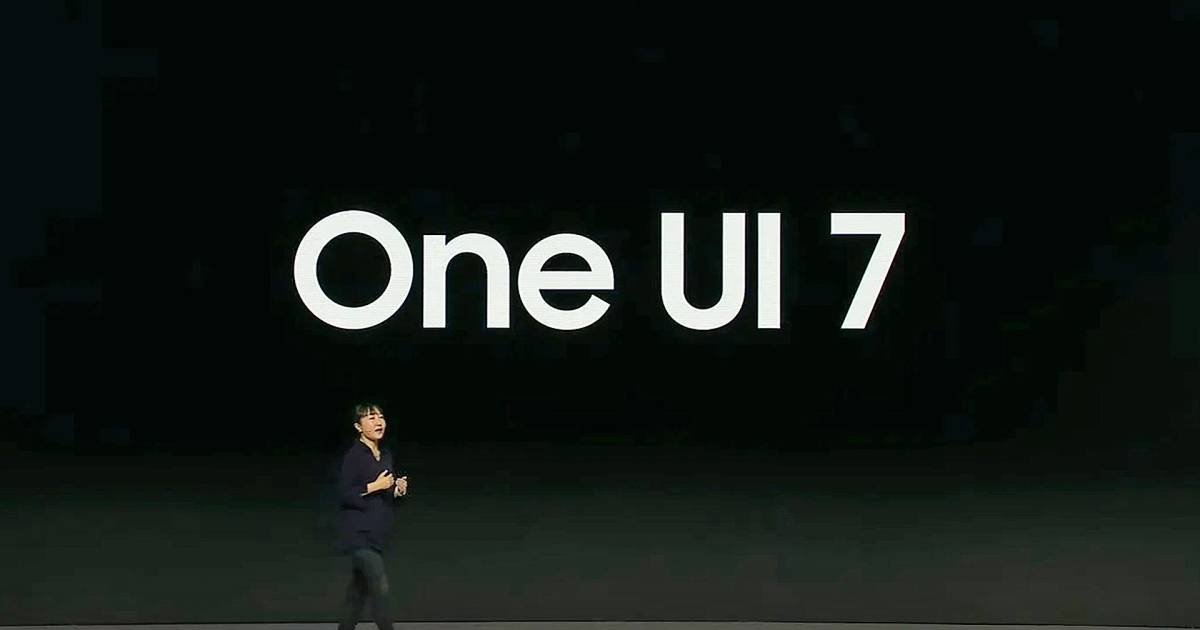Sony Group Corporation experienced a significant downturn in its stock value, marking the most substantial drop in two years, following the announcement that the growth of its flagship PlayStation 5 (PS5) console has likely peaked. This news comes at a critical juncture for the tech giant, which has seen its PS5 console achieve remarkable sales milestones but now faces the challenge of sustaining momentum in a rapidly evolving gaming landscape.
Key Highlights:
- Sony’s operating profit fell by 29% in the July-September quarter, influenced by weaker performance in its image sensor and financial divisions.
- Despite supply chain challenges, PS5 sales have surpassed 50 million units worldwide, a feat achieved just one week slower than its predecessor, the PS4.
- Sony aims to ship 25 million PS5 units in the fiscal year ending March 2024, potentially setting a new sales record for console sales within a 12-month period.
- The introduction of a slimmer PS5 model and the anticipation of a PS5 Pro console in late 2024 highlight Sony’s strategy to invigorate the product line.
- Sony’s stock value experienced a significant decline but is anticipated to recover as the company adjusts its strategic direction in the gaming industry.

Sony’s Strategic Pivot and Market Response: Sony’s recent financial performance reflects a complex interplay of factors, including a 37% slump in its chips division and increased expenses across the board. The tech conglomerate, known for its transformation from a consumer electronics manufacturer to an entertainment behemoth, is navigating the challenges of a saturated market and the high expectations set by its initial PS5 sales success.
The PS5, which has been instrumental in Sony’s recent success, reaching 50 million sales worldwide, now faces the inevitability of market saturation. Sony’s ambitious goal to ship 25 million units in the current fiscal year underscores its commitment to maintaining the console’s momentum amidst a landscape marked by intense competition and the advent of cloud gaming technologies.
Industry and Competitive Landscape: The gaming industry is at a crossroads, with traditional console gaming being challenged by new technologies and changing consumer behaviors. Sony’s push into live-service titles, which offer continuous online play, signifies an adaptation strategy to these trends. However, the company’s recent decision to cancel an online game from its “The Last of Us” franchise highlights the delicate balance between innovating and preserving the core single-player experience that many fans cherish.
Sony’s Resilience and Future Prospects: Despite the setback in stock value, which saw a $20 billion decrease, analysts and industry observers remain optimistic about Sony’s ability to recover and adapt to the changing gaming landscape. The company’s robust game lineup, including upcoming titles like “The Last of Us Part II Remastered” and “Final Fantasy VII Rebirth,” coupled with strategic moves such as the launch of a slimmer PS5 model and the potential introduction of a PS5 Pro, are expected to play a crucial role in Sony’s strategy to sustain growth and appeal to a broad spectrum of gamers.
In Conclusion: Sony’s journey with the PS5 underscores the challenges and opportunities within the dynamic gaming industry. While the recent announcement regarding the console’s growth peaking has led to a significant stock value drop, the company’s strategic pivots and enduring appeal among gamers suggest a resilient path forward. As Sony navigates the intricate balance between innovation and tradition, its actions in the coming months will be critical in shaping the future of console gaming and its position within the entertainment industry.


















